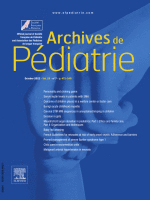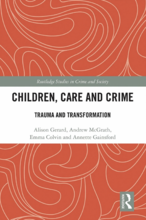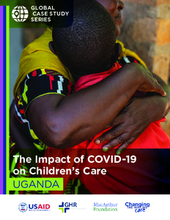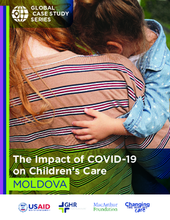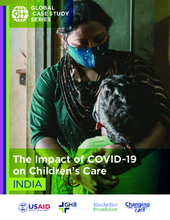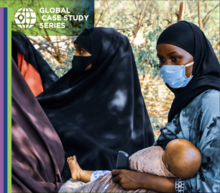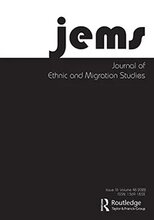Displaying 911 - 920 of 10391
This qualitative study designed to identify potential prognostic factors relating to the outcome of children placed in a welfare center or foster care before the age of 4 years was based on the analysis of 34 case histories of children placed in a welfare center or foster care in Angers.
This study aims to provide an overview of the world's children who lack parental care in the light of the theoretical background and the latest research.
This book examines the involvement of those with care experience in the criminal justice system in an Australian jurisdiction. The majority of children in care do not come into contact with the youth justice system. However, among children involved in the youth justice system, those with care experience are overrepresented. The authors focus on the process of colonialisation and criminalisation, rather than crime.
This article analyses the accounts of children’s spokespersons in Norway, whose mandate is to speak with and forward children’s views in care proceedings. The analyses show how constructions of loyalty, family interdependence, and individualism may inform spokespersons’ interpretations of children’s views, and thereby their exploratory practices in their conversations with the children.
The Adolescent Data Portal features global, regional and country-level data on key indicators together with information on the socio-economic contexts in which adolescents live are found here. The portal includes globally comparable indicators, closely linked to the Sustainable Development Goals (SDGs).
This case study is part of a series of case studies conducted in India, Kenya, Moldova and Uganda over the course of 2020-2022 to share information on how COVID-19 has and is affecting family-child reunification, alternative care placement, and offers recommendations for family- and community-based care of vulnerable children in the context of COVID-19 and future emergencies.
This case study is part of a series of case studies conducted in India, Kenya, Moldova and Uganda over the course of 2020-2022 to share information on how COVID-19 has and is affecting family-child reunification, alternative care placement, and offers recommendations for family- and community-based care of vulnerable children in the context of COVID-19 and future emergencies.
This case study is part of a series of case studies conducted in India, Kenya, Moldova and Uganda over the course of 2020-2022 to share information on how COVID-19 has and is affecting family-child reunification, alternative care placement, and offers recommendations for family- and community-based care of vulnerable children in the context of COVID-19 and future emergencies.
This case study is part of a series of case studies conducted in India, Kenya, Moldova and Uganda over the course of 2020-2022 to share information on how COVID-19 has and is affecting family-child reunification, alternative care placement, and offers recommendations for family- and community-based care of vulnerable children in the context of COVID-19 and future emergencies.
This paper aims to analyse how State policies, on the book and in practice, shape family reunification. It focuses on child migration under constraint in France, by analysing the timing and factors of (non-)reunification among foreign immigrants, whose legal conditions for family reunification are much more restrictive than for those who obtained the French citizenship.

